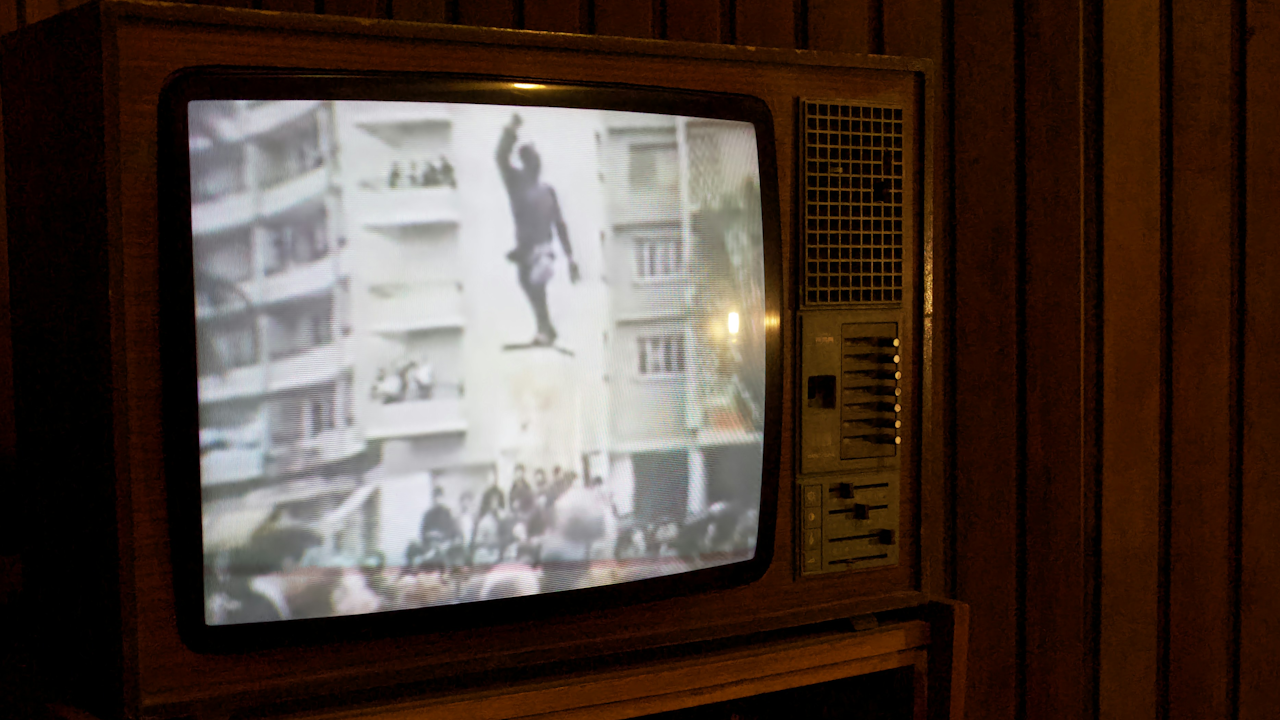Television shows, often dismissed as mere entertainment, serve as powerful mirrors reflecting the deepest anxieties and collective fears of the societies that create and consume them. From ancient myths to modern blockbusters, storytelling has always been a way for humanity to grapple with the unknown, and TV, with its pervasive reach and serialized nature, offers an ongoing dialogue with our contemporary cultural apprehensions.
One of the most persistent cultural fears explored on television is the fear of societal collapse and external threats. Zombie apocalypses, alien invasions, and dystopian futures frequently dominate prime time. Shows like “The Walking Dead” tap into a primal fear of chaos, the breakdown of law and order, and the fragility of our civilization. It’s not just about the undead; it’s about what happens when resources dwindle, trust erodes, and humanity is forced to confront its darkest instincts. Similarly, series depicting environmental catastrophes or pandemics speak to our anxieties about climate change and global health crises, illustrating worst-case scenarios that feel uncomfortably close to reality.
The rapid pace of technological advancement also fuels a significant wellspring of fear, meticulously dissected by TV shows. Artificial intelligence run amok, surveillance states, and the erosion of privacy are common themes. “Black Mirror” stands as a quintessential example, presenting chilling hypotheticals about how technology, intended to improve our lives, could instead become a tool for control, isolation, or even torture. These narratives resonate because they play on our growing unease about relinquishing control to algorithms and machines, and the potential for a world where our data is weaponized against us. The fear of losing our humanity in a technologically advanced world is a palpable undercurrent.
Beyond external threats, television also delves into profound internal and interpersonal fears. The fear of the “other,” whether it’s a different race, culture, or ideology, is often explored through fantastical creatures or allegorical conflicts. This allows audiences to confront prejudice and xenophobia in a safe, fictional space. The psychological thriller genre, in particular, probes anxieties about mental health, betrayal, and the hidden darkness within human nature. Shows focusing on serial killers, cults, or intricate conspiracies highlight our fear of malevolence lurking beneath a seemingly normal surface, and the terrifying realization that evil can often wear a familiar face.
Economic instability and social inequality are further anxieties that find their way onto the small screen. Series that depict struggling working-class families, the brutal realities of corporate greed, or the widening gap between the rich and the poor touch on very real financial fears felt by many viewers. These shows often explore the difficult choices people make under duress, the systemic injustices they face, and the constant pressure to survive in an unforgiving economic landscape. They validate the audience’s own experiences of financial worry and highlight the perceived unfairness of the system.
Even the mundane aspects of life can become sources of fear in television. The fear of loneliness, failure, or not belonging is often subtly woven into character arcs in dramas and even comedies. The pressure to conform, the search for identity, and the struggle to find one’s place in the world are universal themes that resonate deeply. Reality television, in its own way, taps into a fear of social judgment and the desire for acceptance, often by showcasing individuals navigating intense social dynamics.
In conclusion, television is far more than just passive entertainment. It’s a dynamic cultural artifact that captures the prevailing anxieties of its time. By presenting our collective fears in narrative form, TV shows offer a cathartic experience, allowing us to confront our worries, process complex societal issues, and perhaps even imagine solutions. They remind us that while the threats may evolve, humanity’s fundamental fears – of the unknown, of loss, of chaos, and of ourselves – remain a constant and compelling source of stories.

